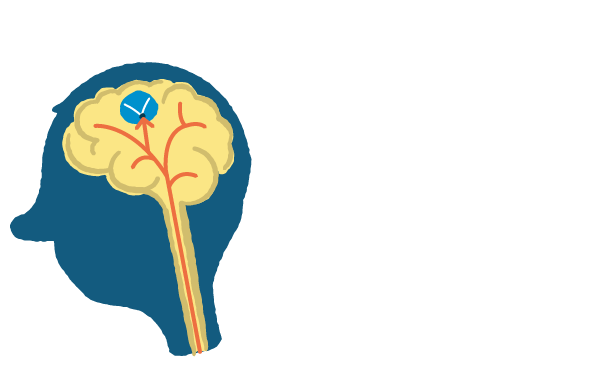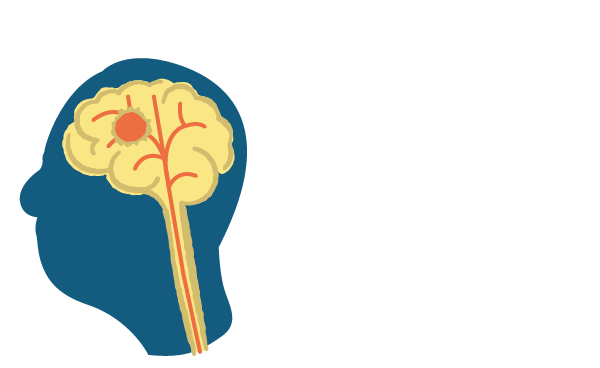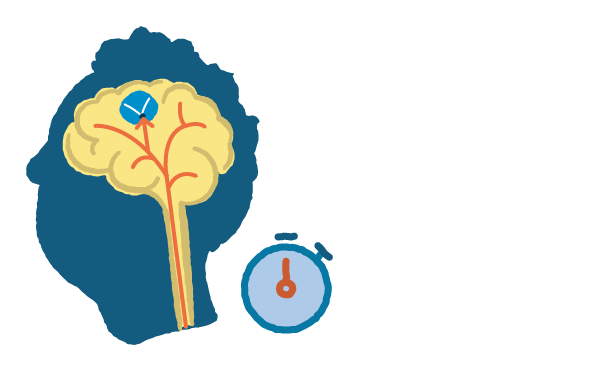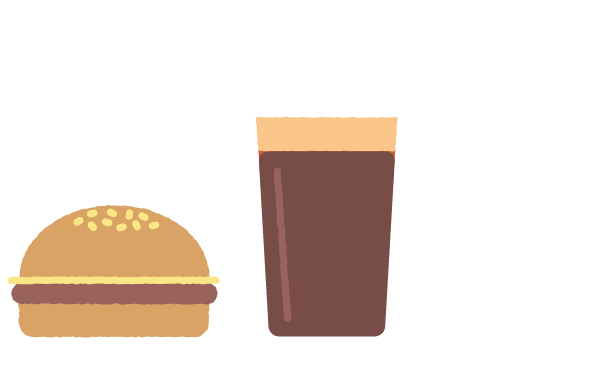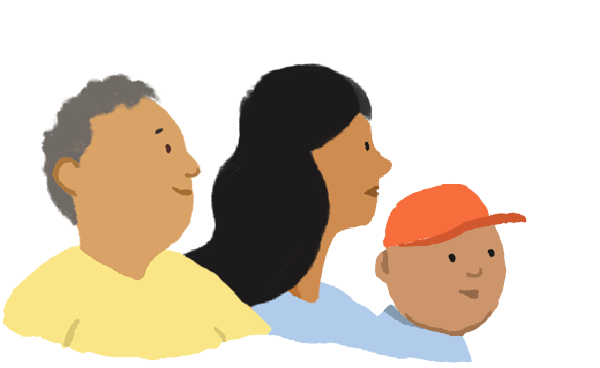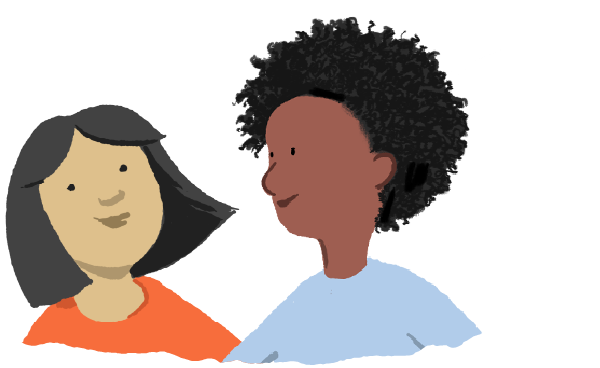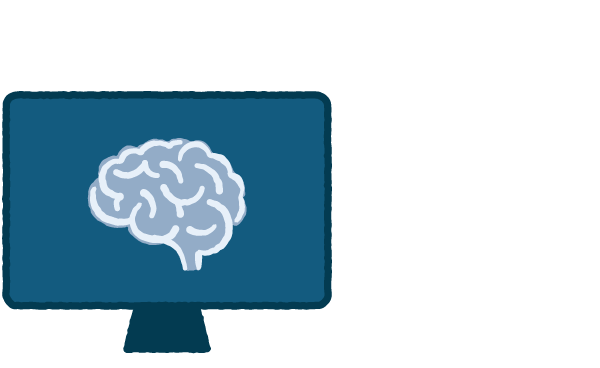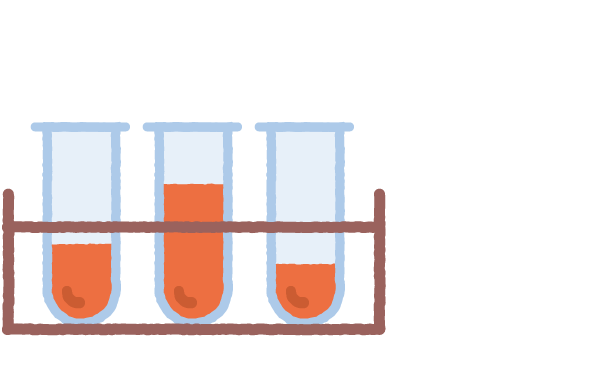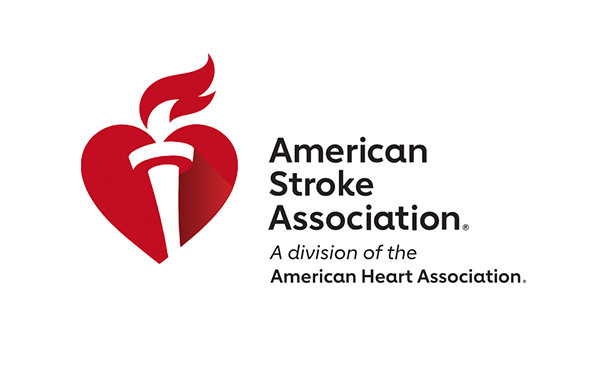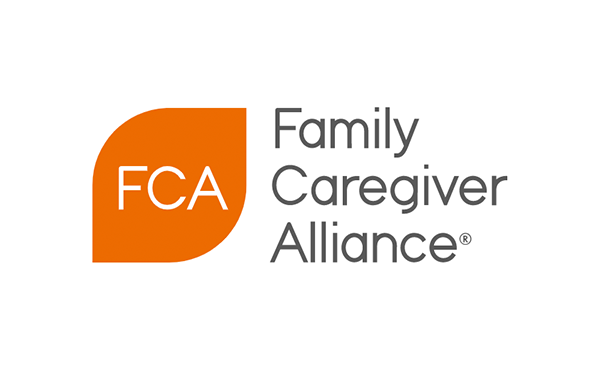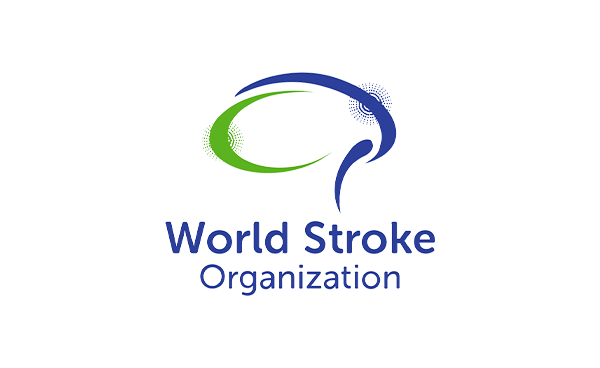Stroke
Learn about strokes and
what we’re doing to help
What is a stroke?
A stroke occurs when the blood supply to part of the brain is cut off. If someone has had a stroke, their face may look droopy on one side, they may be unable to lift their arms, and their speech may be affected, as well as their ability to understand what people are saying to them. A stroke can cause death or serious long-term disability.
Are there different types of stroke?
There are three different types:
Caused by a blockage that stops blood flowing to the brain. This is the most common type.
Caused by bleeding in or around the brain.
Also known as a mini-stroke. The symptoms only last for a short time because the blockage that stops blood getting to the brain is only temporary.
What are some of the risk factors for stroke?
Arteries become narrower and harder with aging, and more likely to be clogged with fatty material.
High blood pressure, diabetes, atrial fibrillation (irregular heartbeat), high cholesterol, sickle cell disease, migraine with aura.
Smoking, drinking too much alcohol, being overweight, eating unhealthy food.
Having a close relative who has had a stroke.
Who is affected by stroke?
Globally, one in four people over the age of 25 will have a stroke in their lifetime, based on a 2016 report. Generally speaking, the risk of stroke increases with age. The chances of having a stroke can also be higher if you have a close family member who has had one.
People who are of South Asian or African descent have a greater risk. Since 2013, Hispanic and/or Latin American communities have seen an increase in death rates from stroke.
If you’ve already had a stroke or a heart attack, you’re more likely to have another one in the future.
Our stroke research
As unmet needs in treating stroke remain, we’re researching the safety and potential efficacy of investigational drugs in stroke.
For example, we’re researching a potential treatment option for a type of stroke called Large Hemispheric Infarction (LHI). LHI is a severe form of ischemic stroke. In LHI a large portion of the brain is damaged. Patients who have LHI can develop swelling of the brain called cerebral edema, which can worsen the symptoms and outcomes of LHI. The study drug being researched is designed to specifically stick to a protein called sulfonylurea receptor 1 (SUR1) and block its activity. SUR1 is found on brain cells and studies have shown that it is involved in the development of cerebral edema after a stroke. By blocking the activity of SUR1, it is hoped that the study drug may reduce brain swelling following LHI, and, therefore, could reduce the damage to the brain.
What could a Biogen stroke trial involve?
Our stroke research is seeking participants who have recently been diagnosed with an acute ischemic stroke, specifically an LHI. If you or a loved one are part of a trial for stroke, the trial physician will closely monitor your/your loved one’s health with health assessments, such as:
Computerized tomography (CT) scans combine X-ray images and computerized cross-sectional images to provide detailed information. It can quickly detect internal injuries and internal bleeding.
Magnetic resonance imaging (MRI) uses a magnetic field and computer-generated radio waves to create detailed images of the organs and tissues in the body, including 3D images that can be viewed from different angles.
These can tell us several things about different cells, substances, and sugar in your blood, including what your body does to the investigational drug and how long it stays in your body.
You, and/or someone who cares for you may be asked to provide information to check your physical and mental ability and your general health after your stroke, and what sort of assistance you may require to help you carry out daily activities.
Other assessments will be involved. A full list of these, and all other requirements around taking part in a trial, would be fully discussed with you before you made a decision about whether to join a trial or not.
And remember, if you or the person you care for join a clinical trial, there are many rules and regulations in place to protect your rights, safety, welfare, and personal data.
What is the role of a caregiver in a stroke clinical trial?
If someone you care for has had a stroke, for example, a partner, sibling, other family member, or close friend, we appreciate that this is likely to be a very worrying time for everyone involved. Healthcare professionals caring for your loved one may discuss the possibility of a clinical trial, should the option be appropriate and available. If this is the case, and you wish to go ahead with the trial, you may be asked to provide legal consent for their participation. You might also be required to help monitor any changes in their condition during the trial and report them to us. Visit our section on caregivers for more information about this role.
Depending on the type of assessments required, the person you care for may be able to have some appointments at home or over the phone.
How can I get involved?
Our stroke research is currently being conducted at stroke and emergency centers. Healthcare professionals at those centers may discuss the possibility of a clinical trial, should the option be appropriate for you or a loved one.
If you’re interested in learning more about specific clinical trials, please use our trial finder and search for ‘stroke’.
Help and resources
There are organizations that offer information and support for people who have had a stroke and their families. Below are some groups where you can find out more about stroke, connect with others, or learn about the latest research. Remember, this list of organizations does not imply an endorsement from Biogen or the listed organization.

